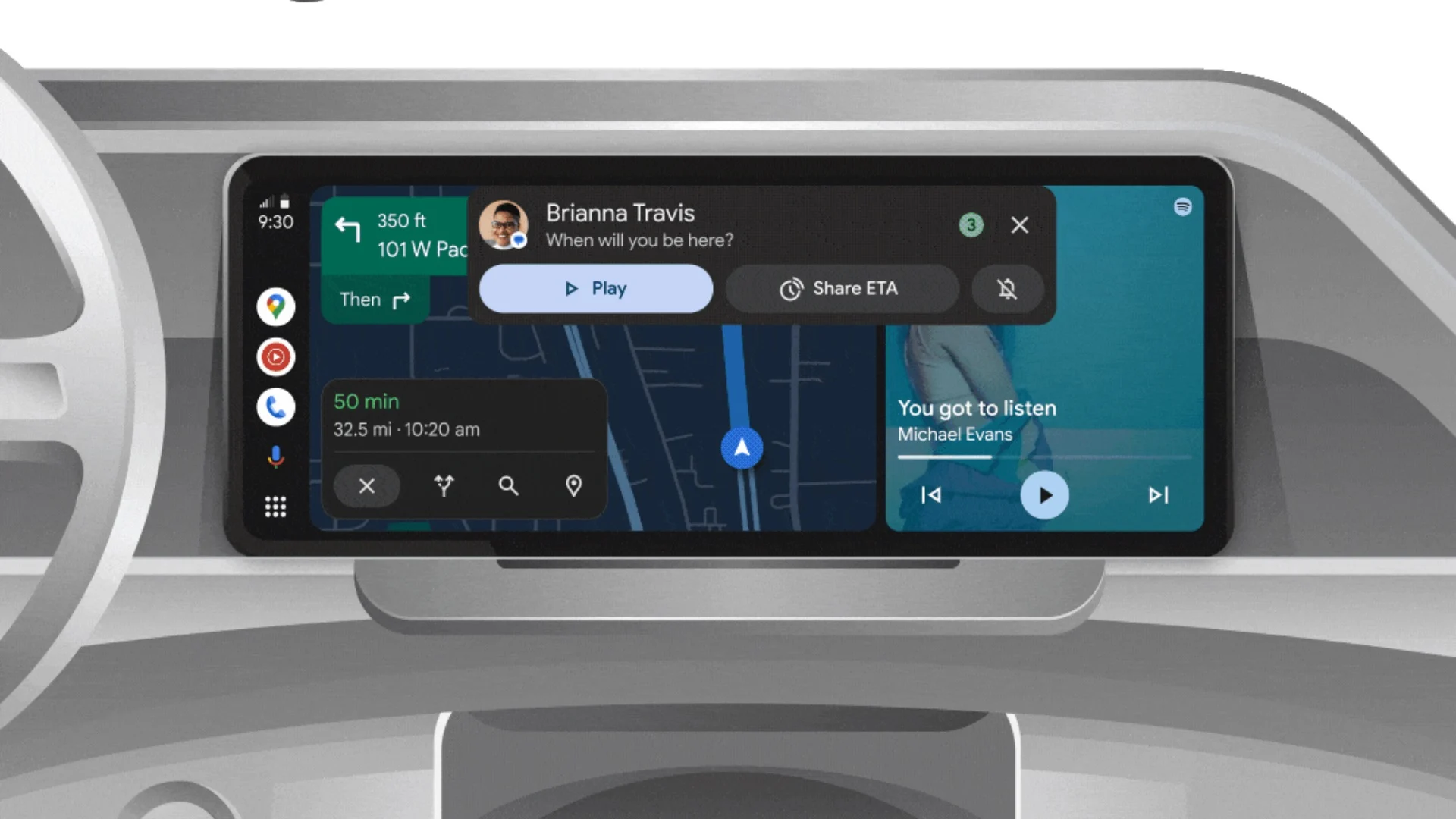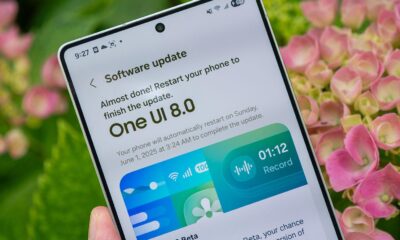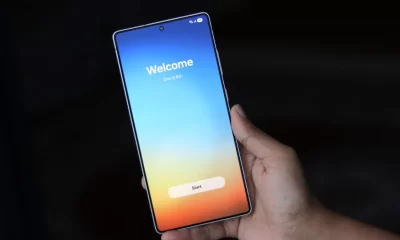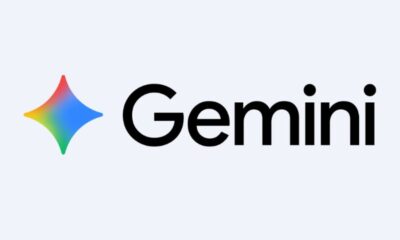Google Gemini now supports audio file uploads for free users

Google has upgraded its Gemini app, making it possible for free users to upload and analyze audio files, a feature previously exclusive to paid subscribers. This update, which started rolling out recently, allows users to upload audio in formats like MP3, WAV, and AAC via the Gemini web platform, Android, and iOS apps.
It’s a big step toward making the app more versatile for everyone.With this new feature, users can upload audio files to get quick summaries, insights, or even transcriptions. For example, you can upload a podcast or meeting recording and ask Gemini to summarize key points or transcribe the content into text.
This is especially useful for students, professionals, or anyone looking to extract information from audio without manual effort. However, free users are limited to a 32,000-token context window (about 50 pages of text), while paid Gemini Advanced subscribers enjoy a much larger 1 million-token limit, equivalent to roughly 1,500 pages.
To use the feature, simply tap the “plus” icon in the Gemini app or website, where you’ll now see a “Files” option alongside Camera and Gallery. From there, you can upload audio files directly from your device or Google Drive. The app processes the file and lets you ask questions about the content, such as summarizing a lecture or identifying key themes in a recorded discussion.
This update also builds on Gemini’s existing ability to handle documents, images, and videos, making it a more comprehensive tool for analyzing various types of content. However, some advanced features, like spreadsheet analysis or custom Gems, remain exclusive to Gemini Advanced subscribers.
Google hasn’t specified exact usage limits for free users, but the rollout is happening now across Android, iOS, and the web, with no need for a Google Account sign-in.
This move shows Google’s commitment to making Gemini more accessible while still reserving premium features for paid users. If you’re curious about trying it out, the feature is live now, so give it a spin and see how it simplifies working with audio files.
Google Phone app and Gemini web get fresh updates for easier use

Google is rolling out exciting updates to its Phone app and Gemini web platform, making both tools simpler and more user-friendly. These changes aim to help users navigate calls and AI features with ease, bringing a cleaner design and smarter functionality. The Google Phone app now includes a new “Notes” filter in its call history.
This feature lets users quickly find calls that have notes attached, such as reminders or important details. For example, if you jotted down a meeting time during a call, the Notes filter helps you locate that call without scrolling through your entire log. The filter sits alongside other options like All and Missed calls, and it works for notes added during or after a call.
This is especially handy for Pixel users in the US, Japan, UK, Canada, or France, where call notes are available with auto-recording. You can also search for specific words within notes, making it easier to track down key information. Meanwhile, Google’s Gemini platform on the web has a fresh homepage redesign.
The update moves the “Ask Gemini” prompt bar to the center of the screen, replacing the old bottom-docked version. This change gives it a look similar to Google Search, with a welcoming “How can I help?” greeting. Instead of scattered suggestion chips, a new “Tools” menu groups features like Deep Research, Canvas, Images, and Videos neatly in one place.
The menu adapts based on your Google AI plan, showing more options for Pro or Ultra subscribers. Once you type a prompt, the bar slides to the bottom for a familiar chat setup. On mobile web, the prompt bar stays at the bottom, with suggested actions just below the greeting.
These updates started rolling out recently, with the Gemini redesign hitting more accounts this week. The Phone app’s Notes filter is already available on supported Pixel devices. Both changes make Google’s tools more organized and practical for everyday use.
Android Auto 15.0 update now available, but big changes are still coming

Google has started rolling out Android Auto 15.0 to more users after testing it in beta for a few weeks. While the version number suggests a major update, this release doesn’t bring significant new features. Instead, it focuses on small tweaks and behind-the-scenes improvements to make the app run smoother.
For those hoping for exciting changes, you might need to wait a bit longer.One small change in Android Auto 15.0 is the renaming of the “Day/Night mode for maps” setting to simply “Theme.” This update hints at a new light theme option that Google is working on, but it’s not active yet.
For now, the app’s interface stays in dark mode, even if you adjust the theme settings for navigation apps like Google Maps. This is a step toward future updates that will likely include the light theme and other improvements.
The update also includes some minor visual enhancements, like smoother effects on the taskbar and notification panel. Some users have noticed a glossy border around app icons in the app drawer, giving it a more polished look, especially on high-resolution car screens.
However, these changes might not be available for everyone yet, as Google seems to be testing them in limited releases. Google’s Android Auto updates often focus on fixing bugs and improving performance for specific devices and vehicles.
While there’s no detailed list of what’s fixed in version 15.0, it likely addresses small issues to make the app more reliable. There are also hints of bigger features in development, like showing more apps in the app drawer at once, but these aren’t ready yet.
To get Android Auto 15.0, check the Google Play Store for updates. The rollout is happening gradually, so it might take a few days or weeks to reach your device. If you’re in the beta program, you might already have it.
While this update is minor, it sets the stage for more exciting features, like the light theme and possibly new app support, in future releases. Stay tuned for what’s next.
Google’s Latest Updates: Smarter tools, sharper cameras, and handy Pixel features

Google is rolling out exciting updates across its products, making learning, home security, and device control easier and more powerful. From new study tools in NotebookLM to upgraded Nest Doorbell cameras and a helpful Pixel 10 feature, here’s what’s new.
NotebookLM Gets Smarter Study Tools
Google’s NotebookLM, a tool for organizing research, now has features to help users study better. The new Flashcards let you create digital cards from your notes for quick review. Quizzes turn your content into questions to test your knowledge, and Study Guides pull together key points for focused learning.
The interface has also been revamped to make it easier to navigate, with reports now clearer and more engaging. These tools use Google’s Gemini AI to summarize and explain complex ideas, making studying simpler and more effective. Whether you’re a student or a professional, these updates help you learn faster.
Nest Doorbell Jumps to 2K Resolution
Google’s Nest Doorbell is getting a big upgrade, with a retail box recently spotted revealing a 2K resolution camera. This means sharper video and a wider field of view compared to the older 1080p model.
The new doorbell, expected to be the third-generation wired version, keeps a similar design but adds Gemini AI for smarter features like better motion detection. It comes in new colors like Snow, Hazel, and Linen. These improvements make it easier to see details, like who’s at your door, and enhance home security with clearer footage.
Pixel 10’s Daily Hub Pause Feature
For Pixel 10 users, Google is adding a “Daily Hub Pause” to the Home app. This feature lets you temporarily stop smart home routines, like lights or thermostats, with a single tap. It’s perfect for when you’re away or want to tweak your schedule without turning everything off.
This small but practical addition makes managing your smart home more convenient.Google’s updates show its focus on making tools smarter and homes more secure. Expect these features to roll out soon, with the Nest Doorbell likely launching by October 1, 2025.
-

 Android2 months ago
Android2 months agoSamsung’s new One UI 8 update coming to Galaxy S24 and S23
-

 News2 months ago
News2 months agoSamsung Galaxy S23 camera struggles after One UI 7 update
-

 Android2 months ago
Android2 months agoSamsung Galaxy S23 to see speed boost with One UI 8 update
-

 News3 months ago
News3 months agoSamsung’s new One UI 8 update brings smarter features to Galaxy phones
-

 News2 months ago
News2 months agoGalaxy S23 gets smoother animations with early One UI 8
-

 News3 months ago
News3 months agoSamsung phones in Europe get new Now Brief feature
-

 News2 months ago
News2 months agoNew One UI 8 features for Galaxy S24 and S23 phones
-

 Android3 months ago
Android3 months agoSamsung Galaxy S25 gets stable One UI 8 update early









